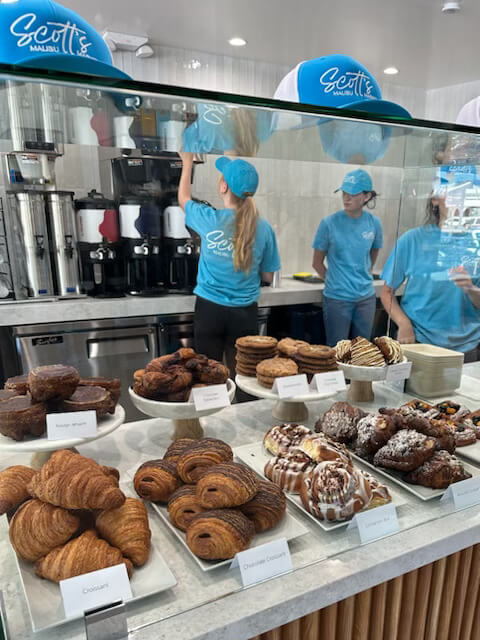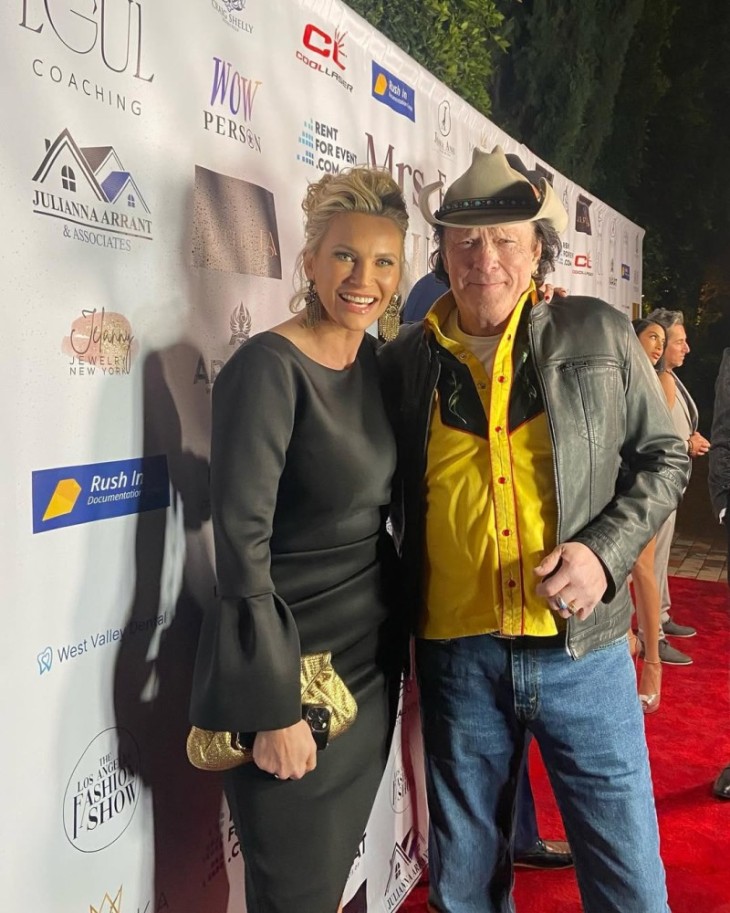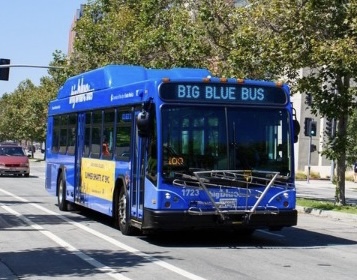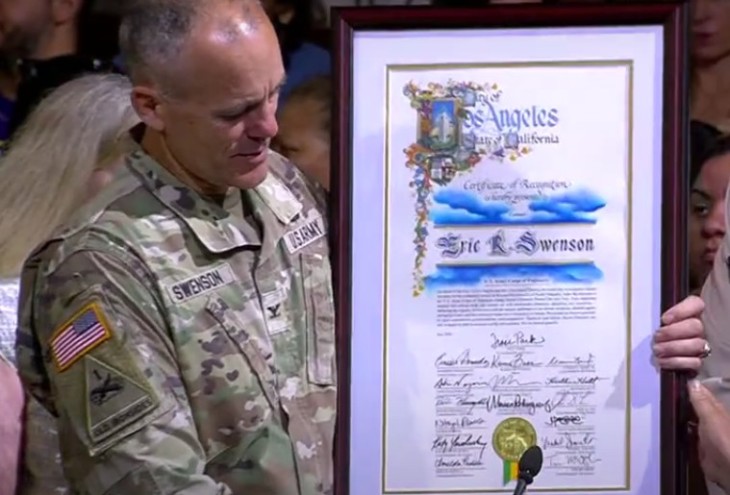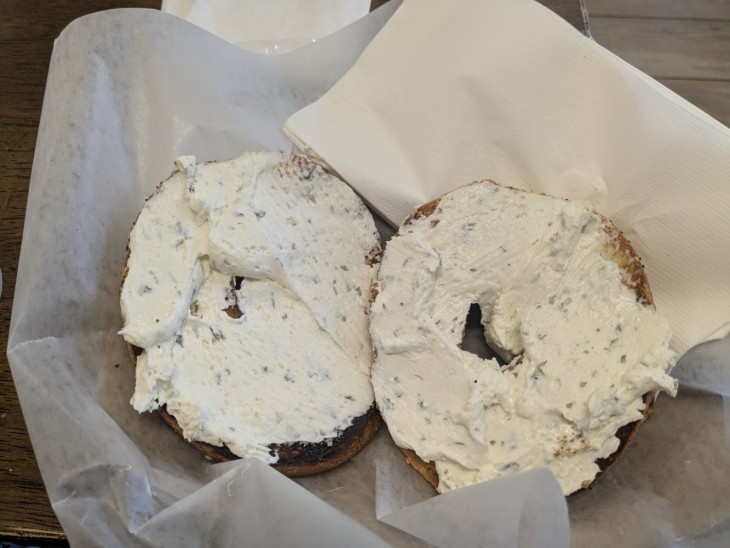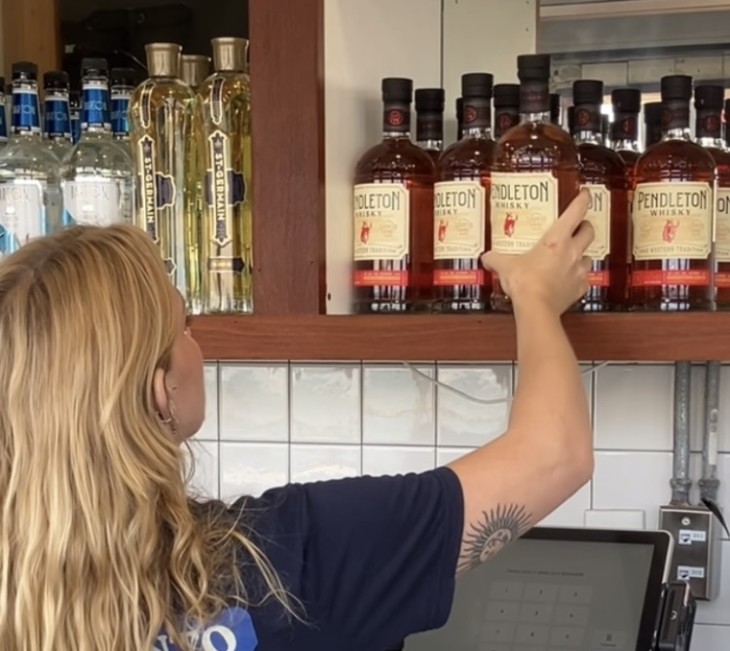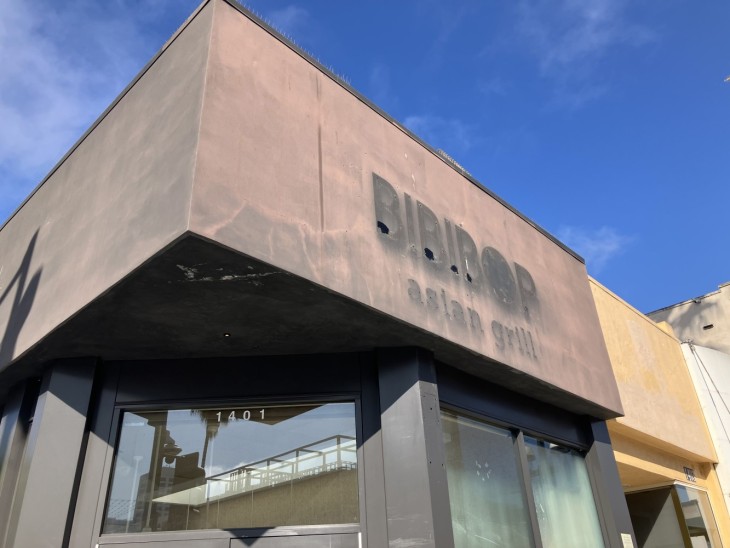By Mark Underwood
Have you ever wished you could remember things better? Maybe you are experiencing “CRS” or “Can’t Remember Stuff.” The good news is you can resolve to have a healthier brain in 2013 and stop CRS.
One way you can do that is by taking more breaks from your daily grind with short mini-vacations.
Have you noticed many people rarely stop working long hours at the office or at home? Science tells us we have a limited reservoir of attention that we can devote to a single thing for long periods of time without taking a break.
And the longer the break, the better we’ll feel when we return to our daily routine. We tend to be more productive if we take deliberate breaks not only during the day from work-related tasks, but also from everyday life.
Science Matters
In 2010, researchers in the Department of Psychology at the University of Illinois-Urbana-Champaign published their findings in Cognition, which concluded that while focus and attention are necessary to accomplish tasks, people achieve better cognitive control of work in their everyday life if they break away from their routine now and then.
What’s more, if you fail to replenish your attention resources your energy level will catch up with you and you’ll feel “burned out.” The best news for those who take regular breaks is that “replenishment” can help them become more productive.
Other studies have found that breaks improve concentration and vacations are far better for our brains than working overtime at the office or home.
It doesn’t really matter what you do on your vacation–whether you take time to go far away or change up your routine with a nearby getaway, the important part is that you replenish your brain by doing something different.
Mini-Vacation Brain Benefits
If you are worried about losing your mental capacity as you age, don’t let that hold you back. You can improve your memory and stop experiencing CRS or that nagging feeling of “not remembering stuff.”
One of the ways to boost your cognitive skills is by taking a walking, driving or flying breakaway. Here’s how mini-vacation can help improve memory and brain power.
• Stress relievers. Vacations long and short give you an opportunity to let yourself surrender to the moment. Take in the scenery, stop and smell the roses. When you’re on vacation, you’re on your time.
• Replenish your mind and body. Breaks from routine give you opportunities to use different parts of your brain simultaneously while you’re venturing out and learning something new.
• Connect with new people and places. Vacations give you countless opportunities to meet new people, explore and learn about cultural differences, language, food and traditions.
• Push your cognitive skills. You don’t have to travel far, but if you use a map, you’ll be giving your visual-spatial skills and memory a work-out.
• Keep you sharp. Vacationing means you’ll make quick decisions about many things like directions, lodging, meals and excursions. All of these variables require sharp processing of information and storing it in your memory bank
Mini-Vacations – On Any Budget
Frequent or long vacations can put a hole in many people’s budgets. But mini-vacations can still give you the break you deserve.
As you’re reading this you may feel you’re ready for a vacation right now. But maybe you can’t go far or for very long. The solution is to take a mini-getaway. Here are easy, affordable ideas to help you to relax, stress less and have a healthier brain in 2013.
• Explore new places in your own area. Plan a long weekend by taking a road trip to destinations you’ve never been to or have not seen in a long time.
• Connect with nature. Look for off-season mid-winter lodging deals, then spend get outdoors and enjoy the freedom of being away from your daily routine.
• Go to a day spa. Recharge your mind and body with a day or weekend at a spa where you can pamper yourself.
• Switch homes with a friend. If your friend lives in the country and you live in the city, consider switching homes for a long weekend. It’s an easy way to learn what it’s like to try a different lifestyle while breaking your routine.
Mark Underwood is a neuroscience researcher, president and co-founder of Quincy Bioscience, a biotech company located in Madison, Wisconsin focused on the discovery, development, and commercialization of novel technologies to support cognitive function and other age-related health challenges such as memory. He is also a contributor to the “Brain Health Guide” which highlights the research at Quincy Bioscience and offers practical tips to help keep healthy brain function in aging. More information can be found at www.quincybioscience.com.



